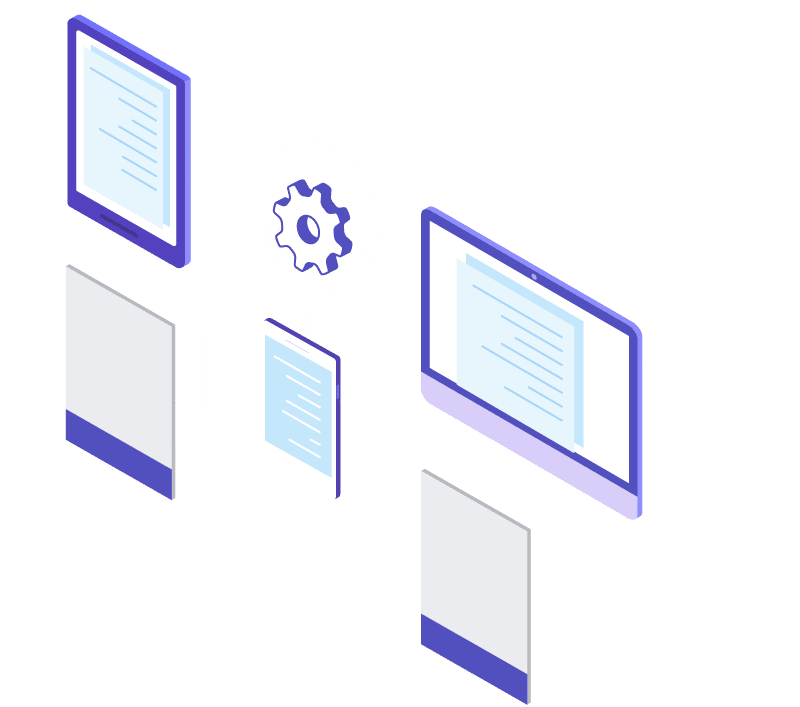Collection Management Best Practices
using Spectrum 5 3 days
Outline
Spectrum is the world-wide best practice standard for managing museum collections and heritage collections. It has been developed over a period of more than 30 years, and has been adopted by more than 30,000 museums world-wide.
Spectrum is developed and provided by Collections Trust UK and covers the range of procedures, and associated practices and data records, which must be formalised and implemented within well-run museums.
Spectrum 5 has been recently released, making some significant changes to previous versions, including the handling of reproductions and collections review processes. Our CEO, Dr Roger Layton, was a contributor to Spectrum 5.
Our collection management system, ETHER Base, has recently been awarded compliance with Spectrum 5, being one of only three Collection Management Systems world-wide to meet this standard at this time. We are now in the process of preparing our latest version ETHER Base V2.1 for implementation throughout South Africa.
In today’s world, it is not possible to separate the collection management practices from the databases required to maintain the records of these practices, and thus this workshop will address both the implementation of the best practices for the collection procedures, as well as how these are handled within database systems, which could be an existing database or a newly implemented database or collection management system.
There is currently no national accreditation model for museums, and yet such a model is important for providing evidence that your museum is well run, and to satisfy donors and funding agencies that their contributions will be used properly. We propose that compliance with the primary procedures of Spectrum 5, and with other elements of the UK Art Council accreditation scheme, can be used for self-assessment until such an accreditation scheme is available.

Learning Outcome
- Understand the scope and structure of Spectrum 5 and the motivation for using best practice standards.
- Examine your own practices in the light of Spectrum 5, identifying areas for improvement.
- Plan to Implement new practices based on Spectrum 5.
- Understand the focus areas of Collections Development; Collections Care; Collections Documentation; and Collections Access.
- Develop and Review collection management policies and procedures based on Spectrum 5.
- Critically Evaluate your existing data sets, including those maintained on paper or in Excel/Word/Access, and how these can be migrated to a modern system.
- Develop and Implement a collection management systems to support your needs, which may include developing your own, or implementing an existing system such as ETHER Base.
- Strategise and Plan for compliance of your museum policies and practices with Spectrum 5.
Who Should Attend
Topics Covered
- An Action Learning approach is used, applying the theory back into practical needs at your institution. It is expected that you will bring your specific problems and situations for discussion at the workshop.
- Location management: where are your objects, how suitable are these, recording these locations and salient features of these such as environmental controls, physical access, and security, including external locations over which you may not have full or exclusive control.
- Collection management: how are your items structured into collections, how are the collections given responsibilities within the museum.
- Organisation management: identify the roles and responsibilities for collections.
- Standards and best practices for the numbering and labelling of items.
- Physical Movement: object entry, object exit, movement procedures.
- Ownership: acquisition, accession, deaccession, and disposal.
- Rights: rights management, rights in, and rights out, including licensing of reproductions.
- Collections care: Condition checking, damage and loss, conservation, and auditing procedures.
- Documentation: inventory, cataloguing, and auditing procedures.
- Use of collections: reproductions, research, education, exhibitions, loans in, loans out.
- Planning: emergency planning, collections review, documentation planning.
- Financial: valuation, insurance & indemnity procedures.
- Planning for implementation of Spectrum 5, including adaptation of your existing practices to meet the Spectrum 5 standard.
- Developing a monitoring and evaluation process for your progress in implementation, including identifying and managing backlogs.
Associated Workshops
Database Design and Development for Heritage Collections (five days)
GRAP 103 Readiness (two days)
Project Management for Heritage Institutions (two days)
ETHER Base Training Workshop (two days)
Dr. Roger Layton
Dr. Roger Layton has more than 40 years experience in IT and Heritage. He is in the mission of pursuing eternal heritage and he can assist you in your institution.

